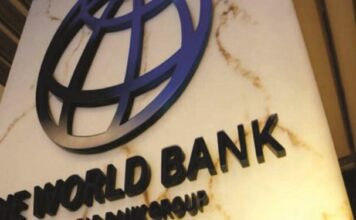The federal government has secured a $500 million World Bank loan to improve power distribution in the electricity sector, following a recent tariff increase for top consumers nationwide.
Announced by the Bureau of Public Enterprise (BPE) on Thursday, the loan, approved by the World Bank in 2021, was included in the government’s borrowing plan this month after meeting specific milestones. This concessional loan aims to enhance the financial and technical performance of distribution companies, which have faced challenges in increasing capacity since Nigeria privatized its electricity sector over a decade ago.
Last month, the Nigerian Electricity Regulatory Commission (NERC) raised tariffs for Band A consumers, who receive a minimum of 20 hours of electricity daily, as part of the government’s efforts to reduce subsidies and ease pressure on public finances.
However, this policy has met opposition from stakeholders, businesses, labor and trade unions, as well as the general public. The Abuja Chamber of Commerce and Industry (ACCI) raised concerns about the tariff hike, stating that it poses a threat to the long-term viability of businesses. Meanwhile, the Organised Private Sector (OPS) in Nigeria warned that the increase in electricity tariffs could lead to the closure of about 65% of businesses in the country.
Additionally, the Nigeria Labour Congress (NLC) and other labor unions have protested the tariff hike, calling it anti-people and demanding a reversal. Currently, there is a standoff between electricity distribution companies and manufacturers, with the latter urging its members not to pay the new tariff. The Manufacturers Association of Nigeria (MAN) has lodged a complaint against distribution companies with the regulatory agency NERC, seeking a reversal of the new tariff.
In response, the distribution companies have threatened to disconnect electricity supply to manufacturers if they refuse to pay the new tariff rate.
